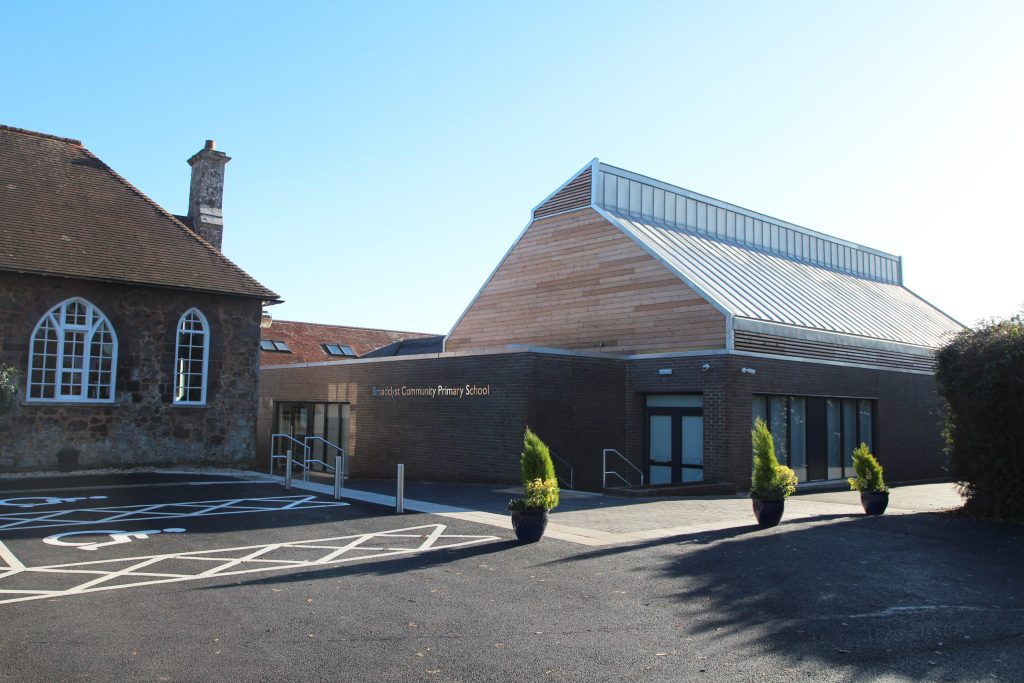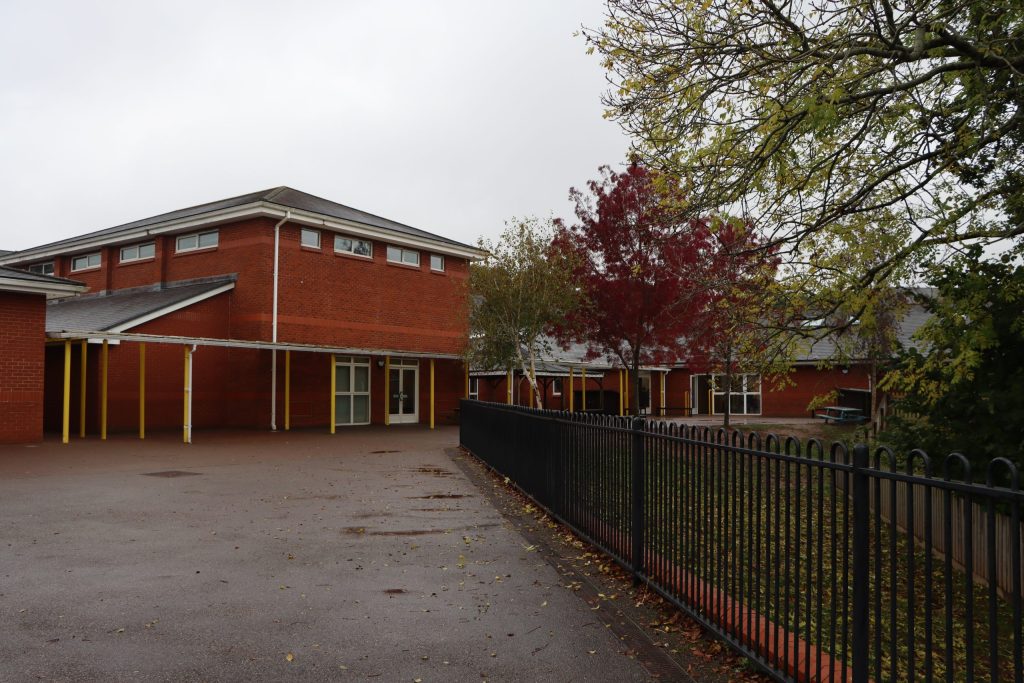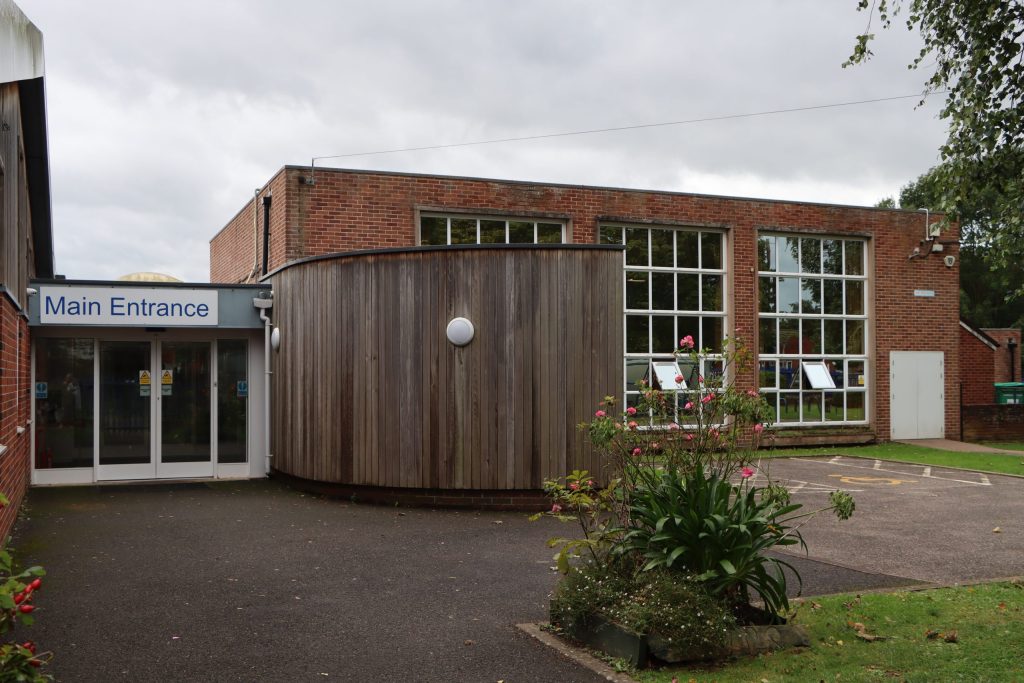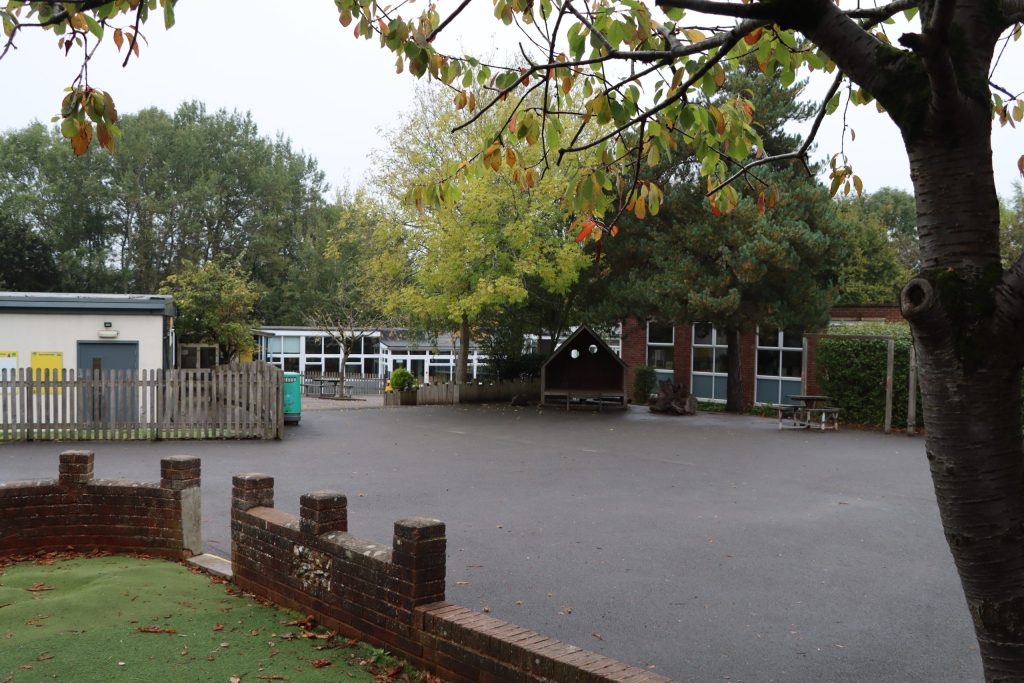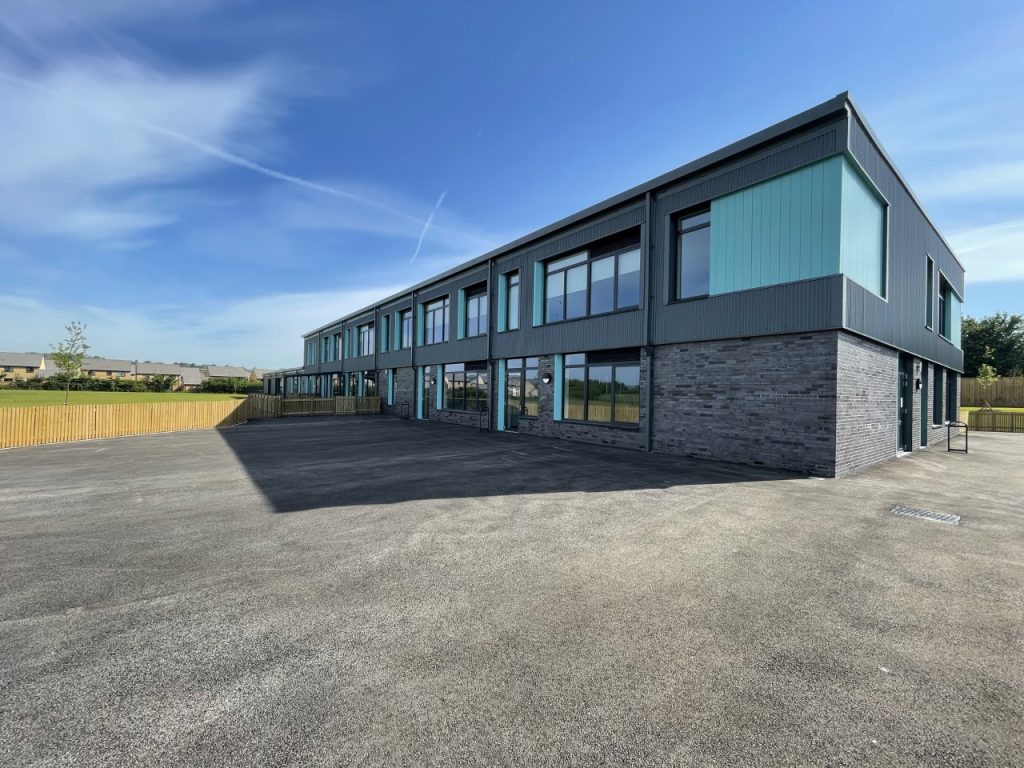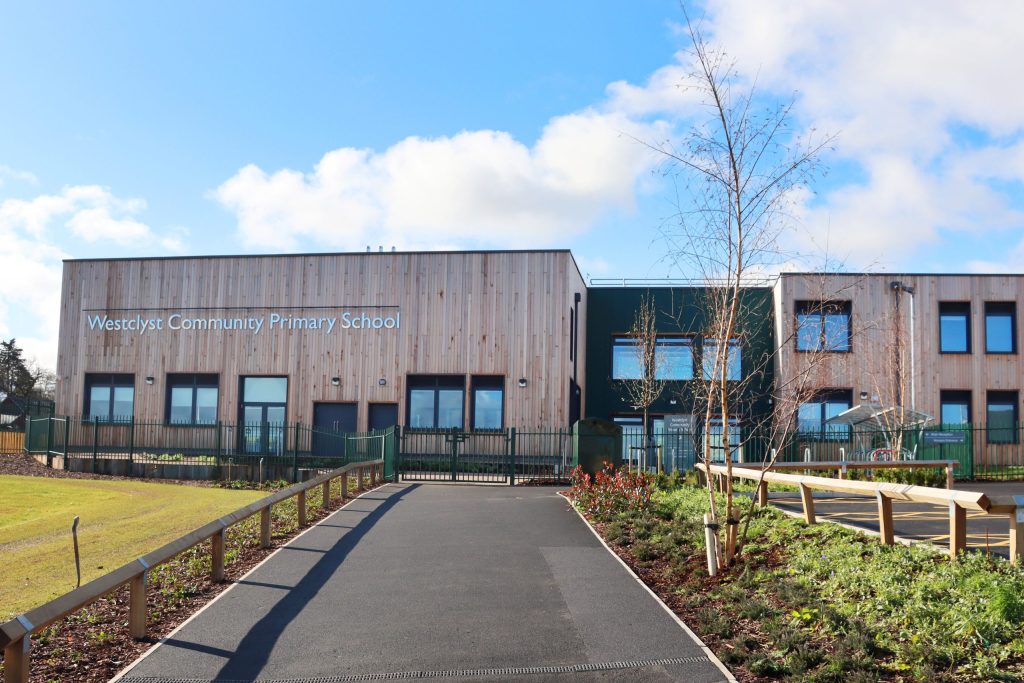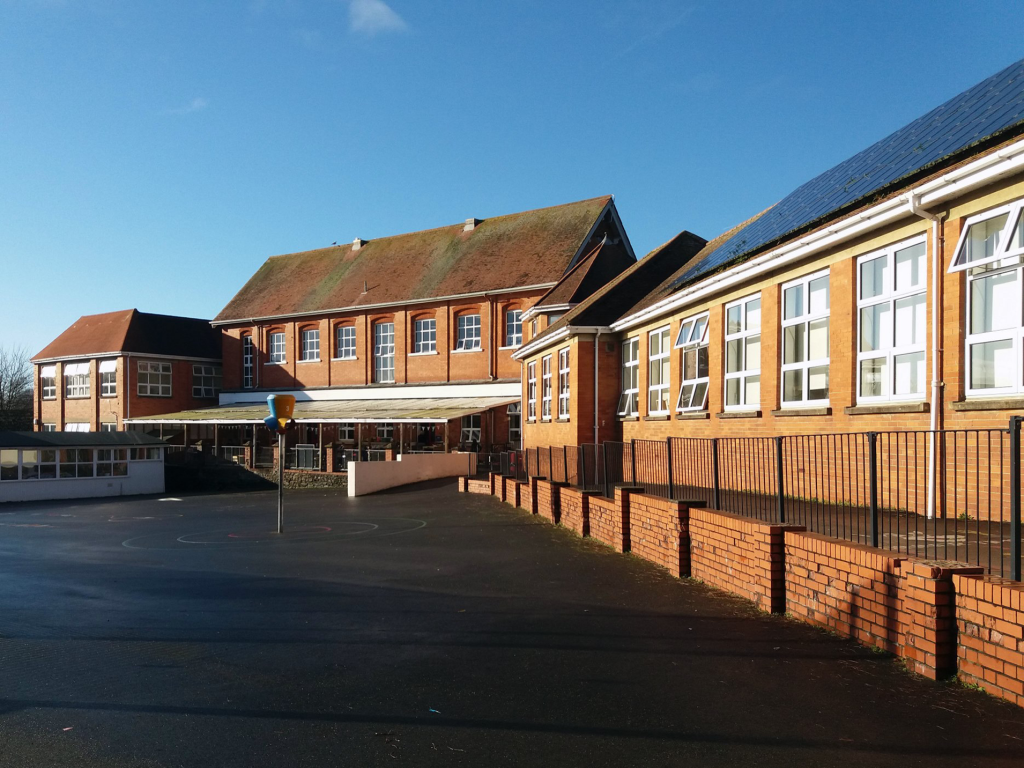PSHE
PSHE across our Trust is a dynamic, inclusive subject that empowers children to develop the knowledge, skills, and values they need to thrive in modern society. Rooted in the National Curriculum, our approach is practical and discussion-based, encouraging pupils to explore real-life scenarios and reflect on their own experiences. From Early Years to Year 6, children learn about health and wellbeing, relationships, and living in the wider world through engaging lessons and collaborative activities.
Real-world application is at the heart of our PSHE curriculum. Pupils take part in meaningful projects and themed weeks that bring learning to life—whether practising first aid, exploring digital safety, or taking action on environmental issues. These experiences foster confidence, empathy, and resilience, equipping every child to make informed choices, build positive relationships, and contribute to their community both now and in the future.
Nursery
In Nursery, pupils begin to develop their personal, social, and emotional skills through nurturing relationships and daily routines. They learn to recognise and talk about their feelings, begin to understand the feelings of others, and explore how to manage emotions in a safe and supportive environment. Through play and group activities, children learn to take turns, share, and build friendships. They are encouraged to make choices, express preferences, and develop independence in caring for themselves. Topics such as healthy living, keeping safe, and understanding differences are introduced through stories, discussions, and real-life experiences, helping children to feel confident, valued and part of a community.
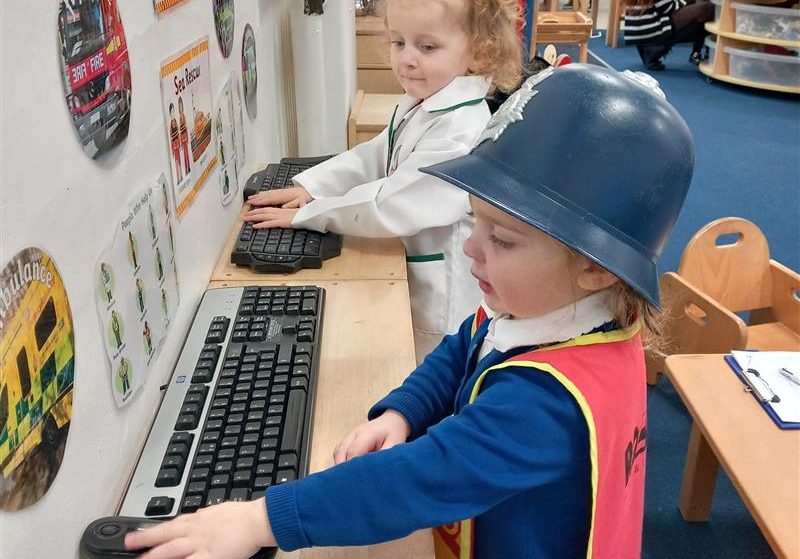
Personal, Social and Emotional Development
Children’s personal, social and emotional development (PSED) is crucial for children to lead healthy and happy lives and is fundamental to their cognitive development. Underpinning their personal development are the important attachments that shape their social world. Strong, warm and supportive relationships with adults enable children to learn how to understand their own feelings and those of others. Children should be supported to manage emotions, develop a positive sense of self, set themselves simple goals, have confidence in their own abilities, to persist and wait for what they want and direct attention as necessary. Through adult modelling and guidance, they will learn how to look after their bodies, including healthy eating, and manage personal needs independently. Through supported interaction with other children, they learn how to make good friendships, co-operate and resolve conflicts peaceably. These attributes will provide a secure platform from which children can achieve at school and in later life.
Reception
In Reception, pupils build on their early experiences by exploring a range of themes that support their emotional wellbeing, social development, and understanding of the world around them. They learn about friendship, kindness, and how to resolve conflicts peacefully. Children are supported to set simple goals, show resilience, and celebrate their achievements. They explore healthy lifestyles, including food, exercise, and hygiene, and begin to understand how to keep themselves safe. Through structured sessions and everyday interactions, pupils develop a strong sense of self, learn to respect others, and begin to understand the importance of rules and responsibilities within a group or community.
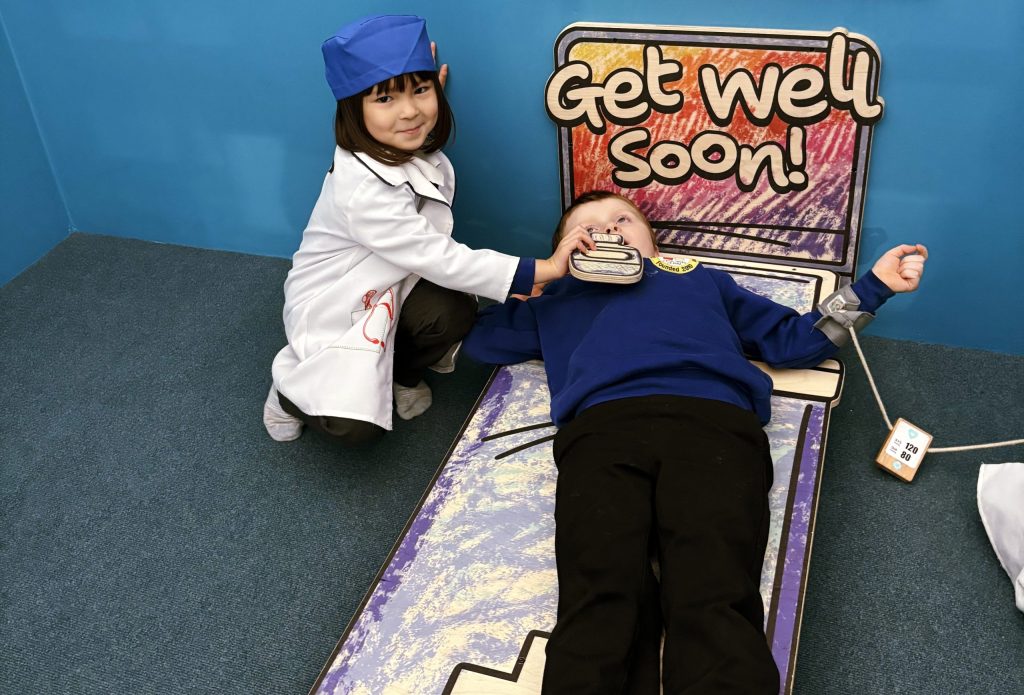
Personal, Social and Emotional Development
Children’s personal, social and emotional development (PSED) is crucial for children to lead healthy and happy lives and is fundamental to their cognitive development. Underpinning their personal development are the important attachments that shape their social world. Strong, warm and supportive relationships with adults enable children to learn how to understand their own feelings and those of others. Children should be supported to manage emotions, develop a positive sense of self, set themselves simple goals, have confidence in their own abilities, to persist and wait for what they want and direct attention as necessary. Through adult modelling and guidance, they will learn how to look after their bodies, including healthy eating, and manage personal needs independently. Through supported interaction with other children, they learn how to make good friendships, co-operate and resolve conflicts peaceably. These attributes will provide a secure platform from which children can achieve at school and in later life.
Year 1
In Year 1, children explore how to look after themselves and relate to others through thoughtful discussions and real-life contexts. They learn about similarities and differences, celebrating what makes each person unique, and talk about families and the groups they belong to. As part of learning about health and wellbeing, children explore hygiene, medicines, and the people who help us stay healthy. They also begin to understand the world around them—discussing money, needs and wants, and how to make thoughtful choices. Through topics like caring for others and growing and changing, children develop empathy, responsibility, and a strong sense of self.
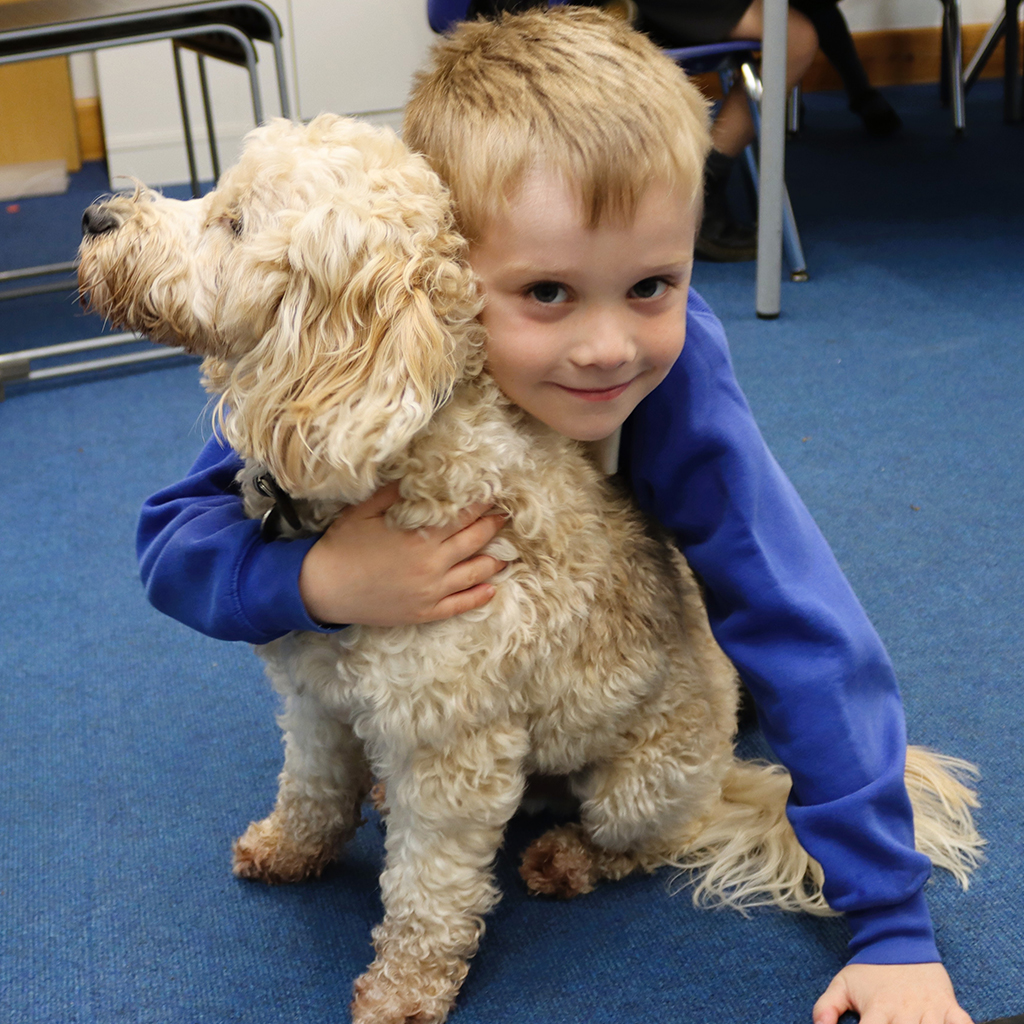
- Recognise similarities and differences between themselves and others.
- Understand individuality and group membership.
- Explore relationships with family, friends, and people who care for them.
- Learn about our bodies and how to stay healthy.
- Understand hygiene and the role of medicines.
- Know rules for keeping safe and trusted adults who help.
- Explore needs and wants, making choices, and using money.
- Learn about the world around them and caring for others.
- Discuss growing and changing, and their interests and hobbies.
Year 2
In Year 2, children build on their understanding of themselves and others through thoughtful discussions and real-life experiences. They explore friendship and relationships, learning how to make positive connections and manage conflict with kindness and respect. In lessons on health and wellbeing, they talk about rules, identify trusted adults, and explore how feelings relate to their bodies. Children also learn how to manage emotions, recognise what helps them feel good, and begin to understand how to use the internet safely. As part of learning about the wider world, they explore jobs, hobbies, and what it means to be part of a community—helping them grow into thoughtful, confident, and caring individuals.
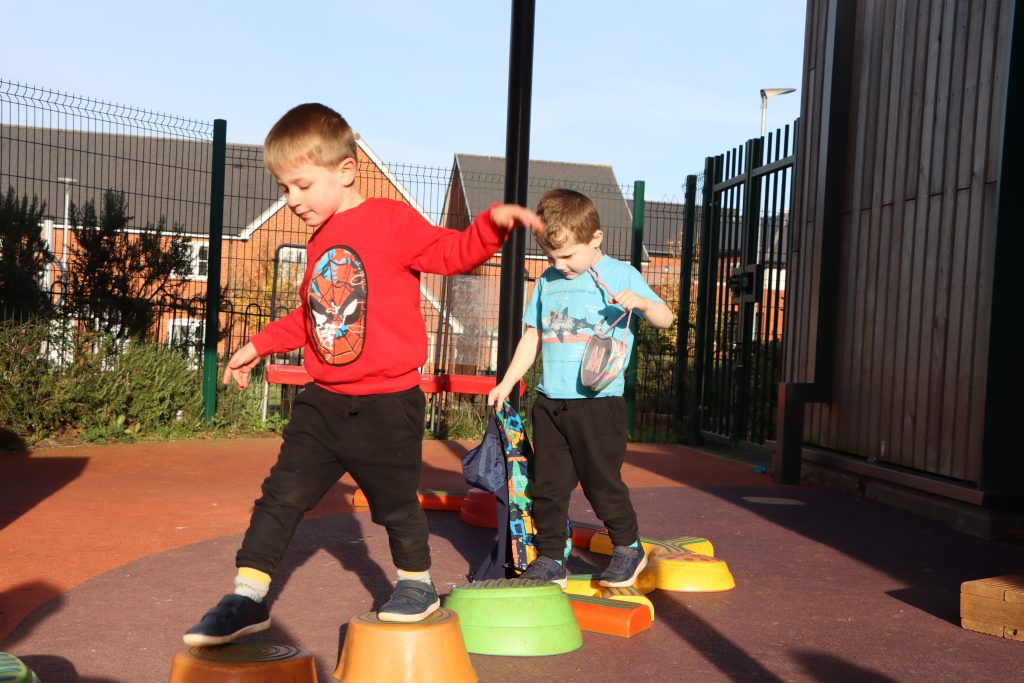
- Build friendships and learn about conflict resolution.
- Manage emotions and make connections with others.
- Understand jobs and roles in the community.
- Explore feelings, our bodies, and ways to maintain wellbeing.
- Learn about health, wellbeing, and making healthy choices.
- Discover their community and how to contribute positively (e.g., care-home visits, litter picking, food bank donations, re-wilding).
- Use the Internet safely and explore interests and hobbies.
Year 3
In Year 3, children learn to make informed decisions about their health and wellbeing, understanding the importance of balanced lifestyles and good hygiene. They explore strategies for supporting mental health, including ways to manage feelings and seek help when needed. Pupils develop a sense of individuality by recognising personal strengths and qualities, and learn how to maintain self-worth through setbacks. Safety is a key focus, with lessons on managing risks at home, online, and in the community. Children discuss the importance of privacy and keeping personal information safe, both offline and online. Throughout the year, they practise problem-solving skills to navigate emotions, challenges, and transitions.
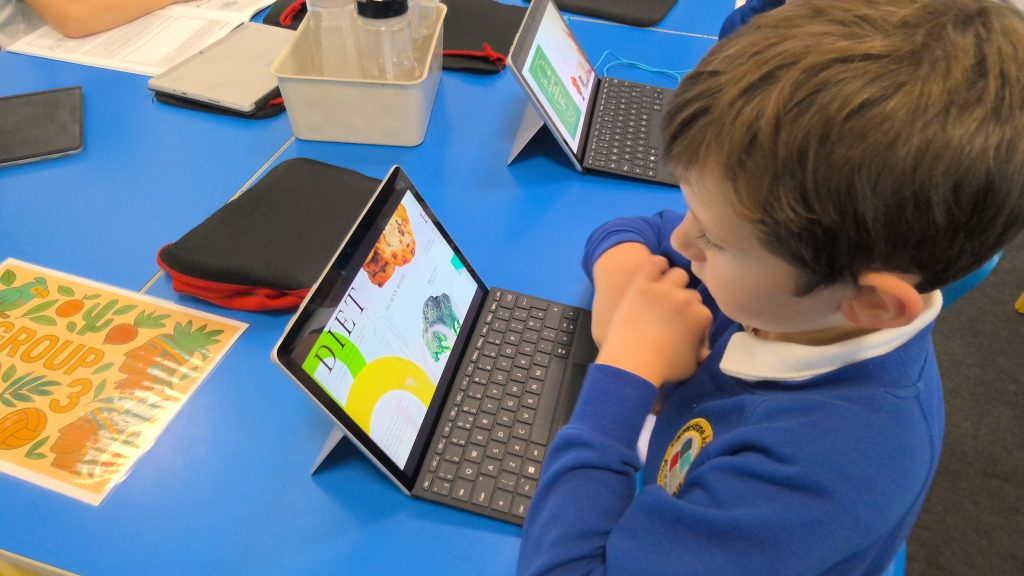
- Make informed decisions about health and balanced lifestyles.
- Understand strategies for supporting mental health and managing feelings.
- Recognise personal strengths, skills, and achievements.
- Learn about personal hygiene and oral health.
- Assess and manage risks at home, online, and in the community.
- Keep personal information private and report concerns online.
- Recognise different types of relationships (friendships, family, online).
- Build positive friendships and understand what makes them healthy.
- Respond to bullying and hurtful behaviour, both offline and online.
- Understand privacy, boundaries, and safe relationships.
- Respect differences and similarities between people.
- Show compassion and shared responsibility for others and the environment.
- Value contributions of people and groups in the community.
- Recognise positive and negative uses of the internet and social media.
- Make safe choices online and understand rules about sharing information.
Year 4
Year 4 builds on children’s ability to make healthy choices, emphasising the impact of sleep, hygiene, and responsible use of medicines. Pupils learn about mental health as part of daily life, developing vocabulary and strategies for expressing and managing feelings. They explore personal identity, strengths, and achievements, and learn how to reframe setbacks with a growth mindset. Safety education covers risk assessment, first aid, and emergency response, helping children understand how to keep themselves and others safe. Lessons address the effects of legal drugs and the importance of following rules and regulations. Children are encouraged to balance time online with other activities and to seek support when needed.
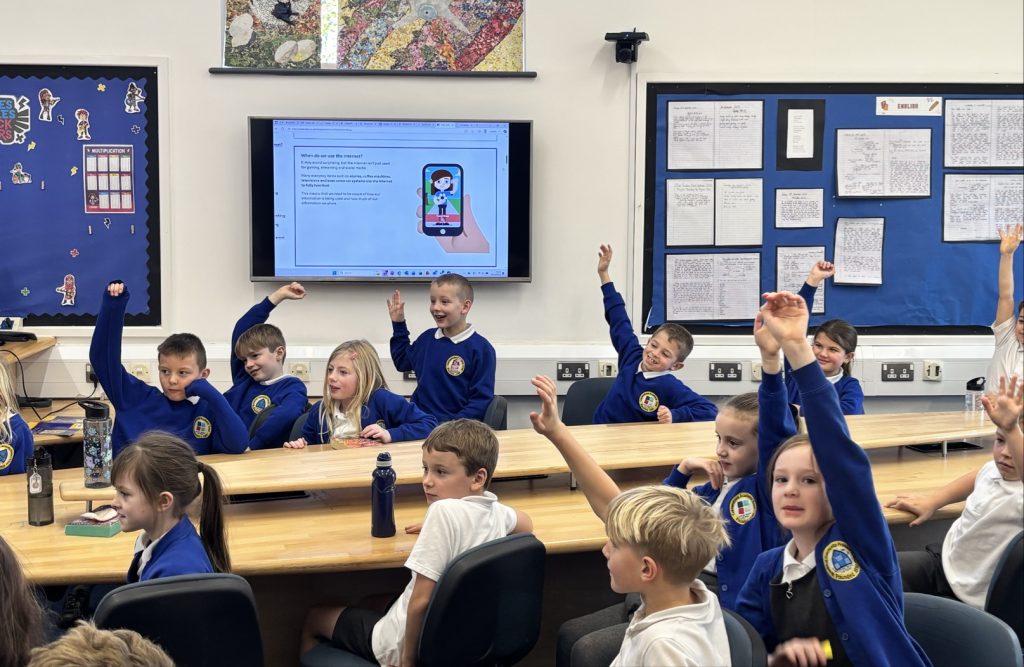
- Make healthy choices about sleep, hygiene, and medicines.
- Develop vocabulary and strategies for expressing and managing feelings.
- Explore personal identity and growth mindset.
- Assess risks, learn basic first aid, and respond to emergencies.
- Understand the effects of legal drugs and importance of rules.
- Balance time online and seek support when needed.
- Recognise and seek help if family relationships are unhappy or unsafe.
- Build and maintain positive friendships, including online.
- Respond to bullying and discrimination, and report concerns.
- Understand privacy, boundaries, and safe relationships.
- Model respectful behaviour and self-respect.
- Carry out shared responsibilities for protecting the environment.
- Value diversity and contributions within communities.
- Assess reliability of online information and make safe choices.
- Recognise how spending decisions affect others and the environment.
Year 5
In Year 5, children deepen their understanding of healthy lifestyles, focusing on the importance of sleep and routines that support wellbeing. They learn strategies for maintaining mental health, including the value of physical activity, hobbies, and community involvement. Pupils explore the physical and emotional changes of puberty, learning about hygiene and reproductive health. Safety lessons highlight the importance of privacy, online safety, and managing requests for personal information. Children discuss the risks and effects of legal drugs, and how media messages can influence attitudes. Throughout the year, they practise recognising and managing peer influence, and develop skills for seeking help and support.
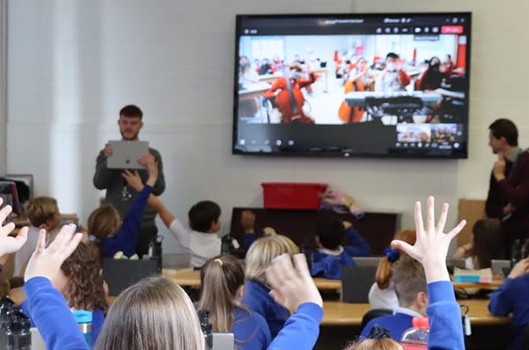
- Understand the importance of sleep and routines for wellbeing.
- Learn strategies for mental health and community involvement.
- Explore puberty, hygiene, and reproductive health.
- Practice online safety and privacy management.
- Discuss risks and effects of legal drugs and media influence.
- Recognise and manage peer influence, seek help and support.
- Recognise characteristics of healthy family life and seek help if needed.
- Build positive friendships and manage peer influence.
- Respond to bullying, discrimination, and report concerns.
- Understand privacy, boundaries, and safe relationships.
- Respect differences and similarities between people.
- Protect the environment through everyday choices.
- Recognise human rights and responsibilities.
- Challenge stereotypes and prejudice in communities.
- Evaluate reliability of media and social media information.
- Understand how money impacts people and the environment.
Year 6
Year 6 prepares children for greater independence by teaching them to make informed health decisions and recognise the impact of habits on wellbeing. Pupils learn advanced strategies for supporting mental health, managing change, and expressing feelings appropriately. They explore personal identity, puberty, and the responsibilities that come with growing up, including reproductive health and caring for others. Safety education covers risk management, first aid, and responding to emergencies, with a strong emphasis on online safety and reporting concerns. Lessons address the risks of legal and illegal drugs, and the laws surrounding their use. Children are encouraged to set personal goals, recognise achievements, and develop skills for future careers.
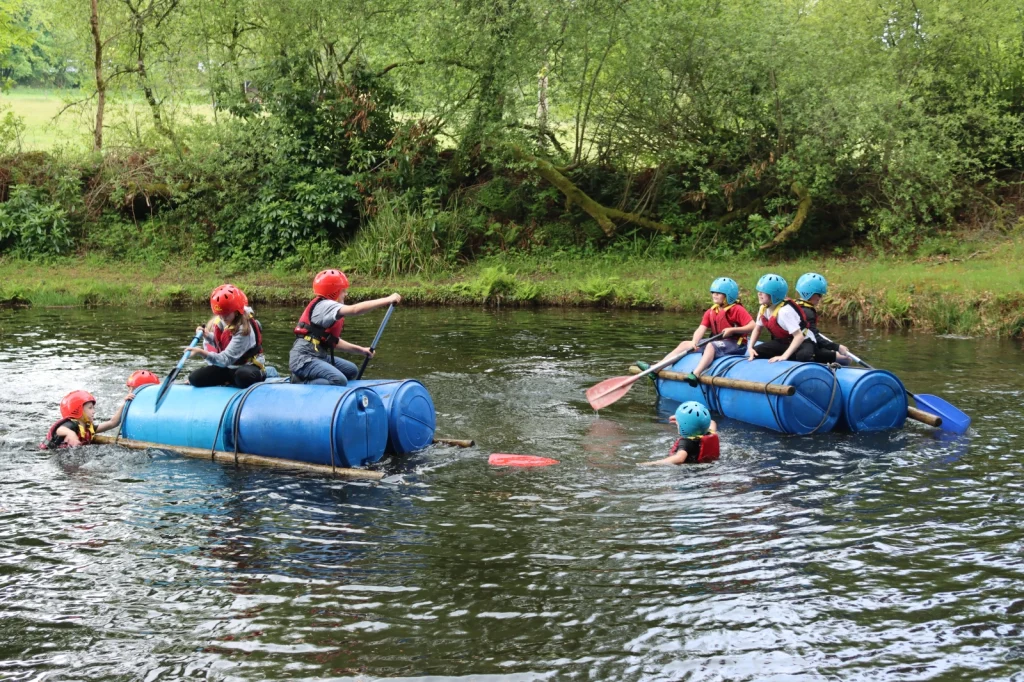
- Make informed health decisions and recognise impact of habits.
- Use advanced strategies for mental health and managing change.
- Explore personal identity, puberty, and growing responsibilities.
- Assess risks, learn first aid, and respond to emergencies.
- Understand risks and laws around drugs and online safety.
- Set personal goals, recognise achievements, and develop career skills.
- Recognise different types of relationships, including romantic and online.
- Understand marriage, civil partnership, and positive family structures.
- Build positive friendships and manage peer influence.
- Respond to bullying, discrimination, and report concerns.
- Understand privacy, boundaries, consent, and safe relationships.
- Model respectful behaviour and self-respect.
- Recognise reasons for rules, laws, and human rights.
- Value diversity and contributions within communities.
- Challenge stereotypes and prejudice.
- Assess reliability of online information and understand data sharing.
- Make informed spending decisions and understand risks with money.
- Explore career aspirations and routes into future jobs.
Contact: admin@tcat.education
Phone: 01392 304040
© The Cornerstone Academy Trust 2025



